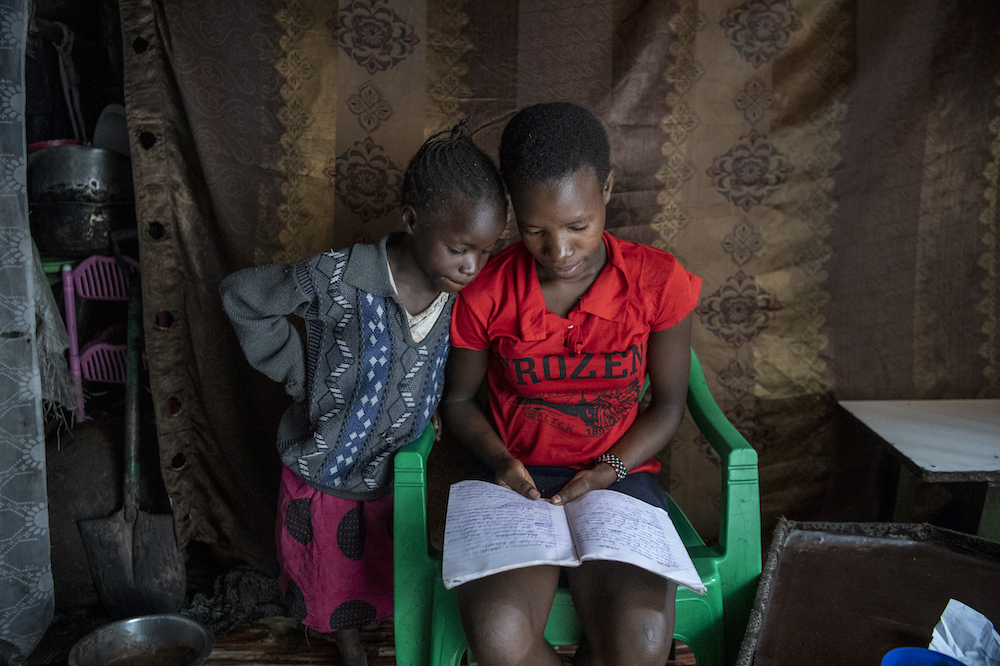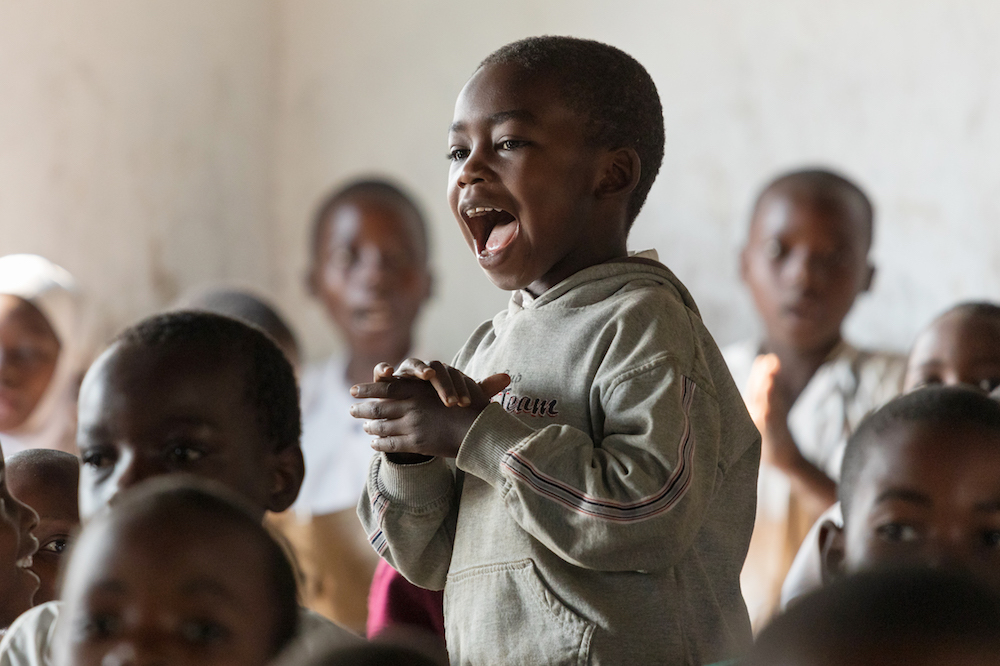
World Cup 2018: School report card on Group C countries Australia, Denmark, France and Peru
Right to education
Every day during the opening week of the World Cup in Russia, we're looking at the education situation in each of the countries taking part. Today it's Group C.
Every four years, the eyes of the world are focused for a month on the football World Cup.
It’s a chance for people to see games featuring countries they may not know much about. With Group C starting today, we look at some of the education facts and stats from the four countries.
AUSTRALIA
There are 3.8 million school students – with 65.6% of them in government schools, according to the Australian Bureau of Statistics. 20% are in Catholic schools and 14.5 in independent schools.
95% of children are enrolled in preschool education.
In the indigenous Aboriginal and Torres Strait Islander populations, 59.7% of those aged 15-18 were attending school in 2016 – up from 51.2% in 2011.
ISSUES AND REFORMS: A report in 2016 warned that “Australian schools are in deep trouble” and high school students were lagging behind global standards.
STAR FACT: Tim Cahill – who has scored at four World Cups – has been an ambassador for UNICEF. He said: ‘‘Football has been the catalyst for huge change in my life and millions of children’s lives around the world. Children taking action for other children can also be a great catalyst for change.”
DENMARK
Education system: compulsory for 10 years from age 6-15.
Pre-primary enrolment (age 3-5): 93%.
Primary school completion: 100%.
Student-teacher ratio: 11 in primary, 11 in secondary.
ISSUES AND REFORMS: Preschool attendance is mandatory. Danish students spend more hours in the classroom that those in any other OECD countries, according to a 2015 report. There are 10,040 compulsory learning hours across 10 years of education.
STAR FACT: Leicester City keeper Kaspar Schmeichel donates 1% of his salary to the Common Goal charity, which helps underprivileged people around the world. It supports Sustainable Development Goals on education and gender equality.
FRANCE
School is compulsory for 10 years from age 6-15.
France spends 21% of its annual budget on education.
Children get every Wednesday afternoon off school. Every secondary student has to take philosophy classes in their last year. Foreign languages are introduced in elementary school.
France is to lower the compulsory school starting age from six to three – but only 2.4% of children are not already doing so.
ISSUES AND REFORMS: The government is planning to make changes to the baccalauréat, the school-leaving qualification. France was the first of the UN Security Council’s permanent members to sign the Safe Schools Declaration, calling for an end to attacks on schools or use of them for military purposes.
STAR FACT: Manchester United midfielder Paul Pogba maked his 25th birthday in March by asking his Facebook fans to donate to Save the Children. He said: “I’m passionate about children and Africa and I know together we can make a difference for those in need.”
PERU
Education system: compulsory for 14 years from age 3-16.
Pre-primary enrolment (age 3-5): 90%.
Primary school completion: 91%.
Student-teacher ratio: 18 in primary, 14 in secondary.
Literacy rate for 15-24-year-olds: 99%.
ISSUES AND REFORMS: The worst flooding seen in 30 years left more than 1300 schools damaged and two million children with no education last year.
STAR FACT: Feyenoord midfielder Renato Tapio supports the Latin American Foundation for the Future. It highlights sexual violence against girls and women in a country where every day four girls under the age of 14 become mothers.
More news

